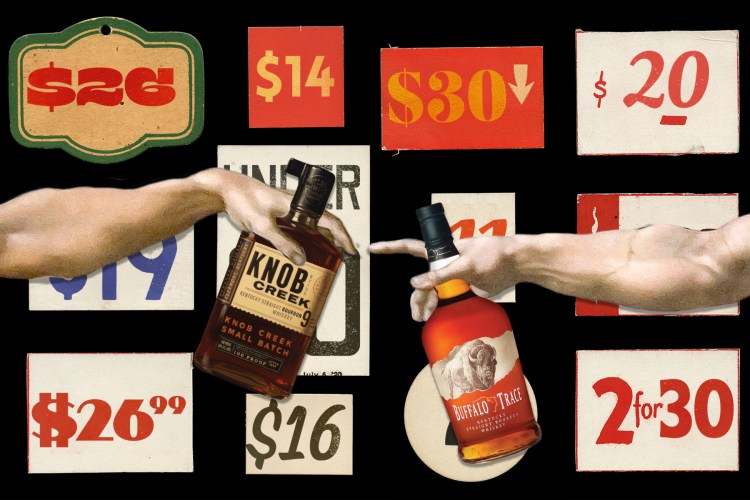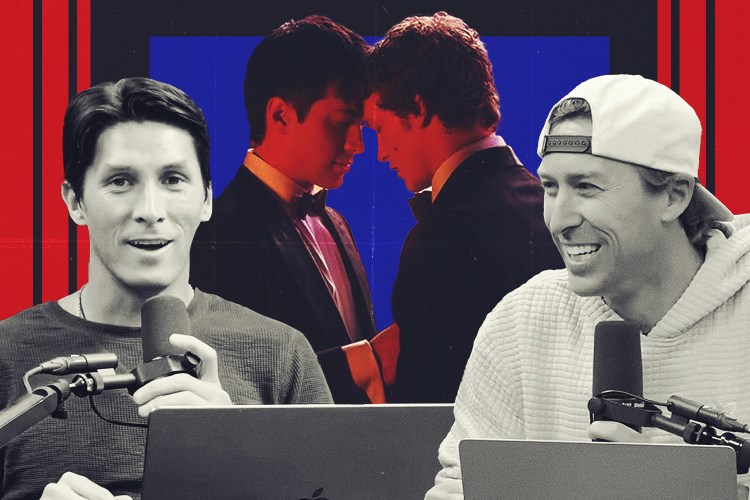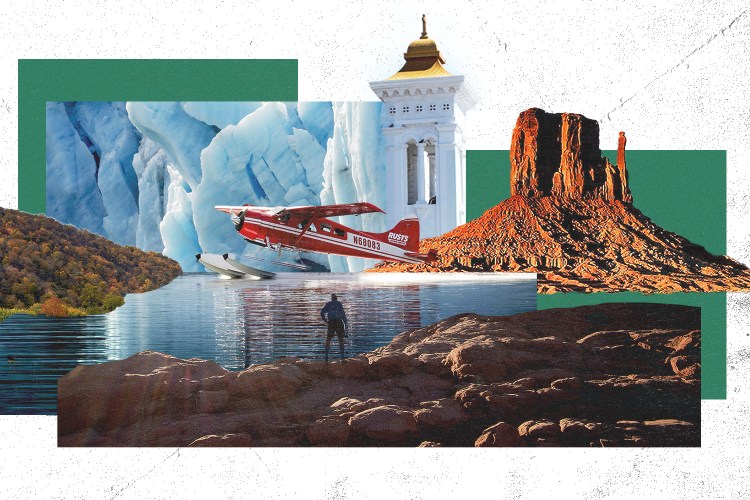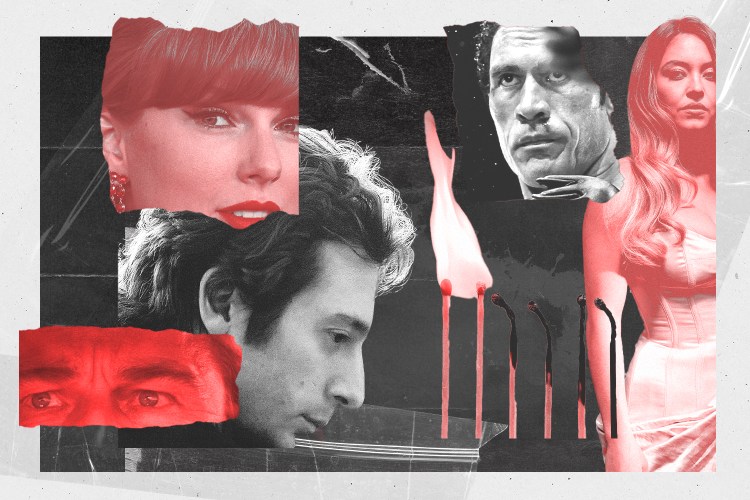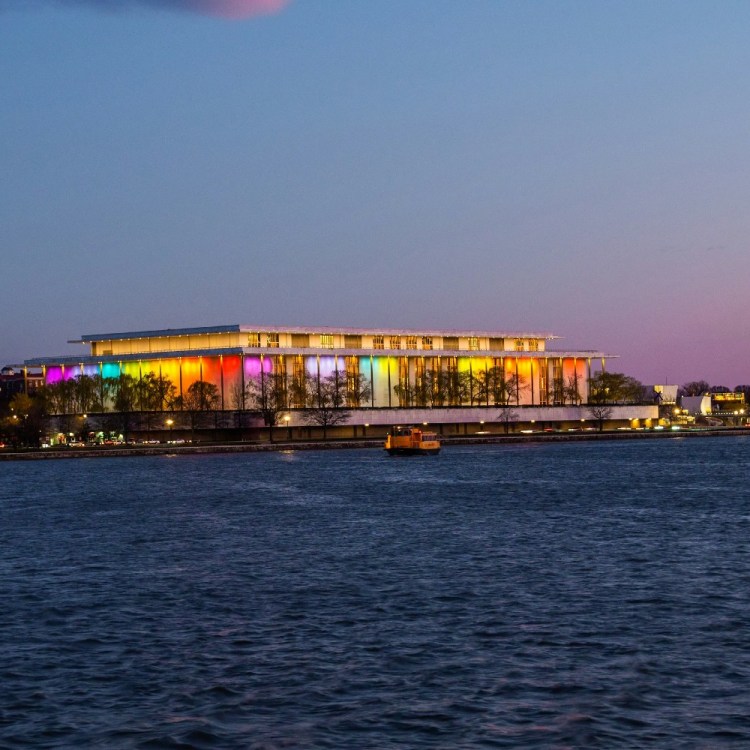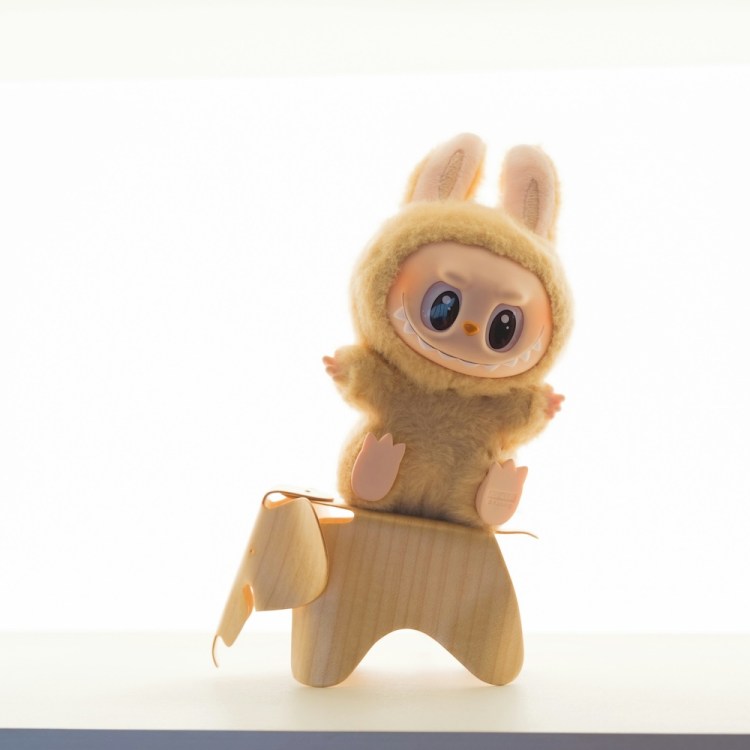How many times have you told a lie today? How about this week? How many have you forgotten? Think about the biggest lie you’ve ever told. When did you tell it? Why did you tell it? Did you go too far?
National Geographic magazine’s latest cover story explores the science behind the deeply ingrained human trait of deception, as well as the troubling ethical questions and implications that come as carry-on luggage to anyone bending the truth.
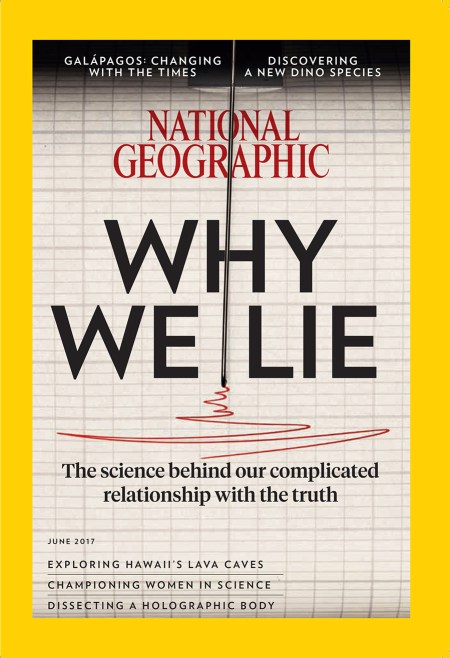
The “why” isn’t as difficult of a question for researchers to answer. “Lying is so easy compared to other ways of gaining power,” Sissela Bok, an ethicist at Harvard University and prominent thinker on the subject, told National Geographic. “It’s much easier to lie in order to get somebody’s money or wealth than to hit them over the head or rob a bank.”
Neither is the “when” hard to figure. That starts early, between the ages of two and five, while kids are beginning to explore their independence. And while parents may find children’s lies troubling, psychologist Kang Lee says the emergence of deception serves as clear evidence that the child’s cognitive growth is where it’s supposed to be.
But some take it further than others, and for different reasons. For example, Frank Abagnale, Jr., lied for personal gain. National Geographic says this of Abagnale: “Now a highly regarded security consultant, his brazen deceptions earlier in life inspired the 2002 movie Catch Me if You Can. Leonardo DiCaprio played Abagnale, who ran away from home at 16 and learned to survive by his wits, becoming a check forger, con man, and impostor. ‘I had to be creative in order to survive,’ he says. ‘I do and will continue to regret it for the rest of my life.’” Abagnale successfully masqueraded as a pilot, a pediatrician, and an attorney with a Harvard law degree.”
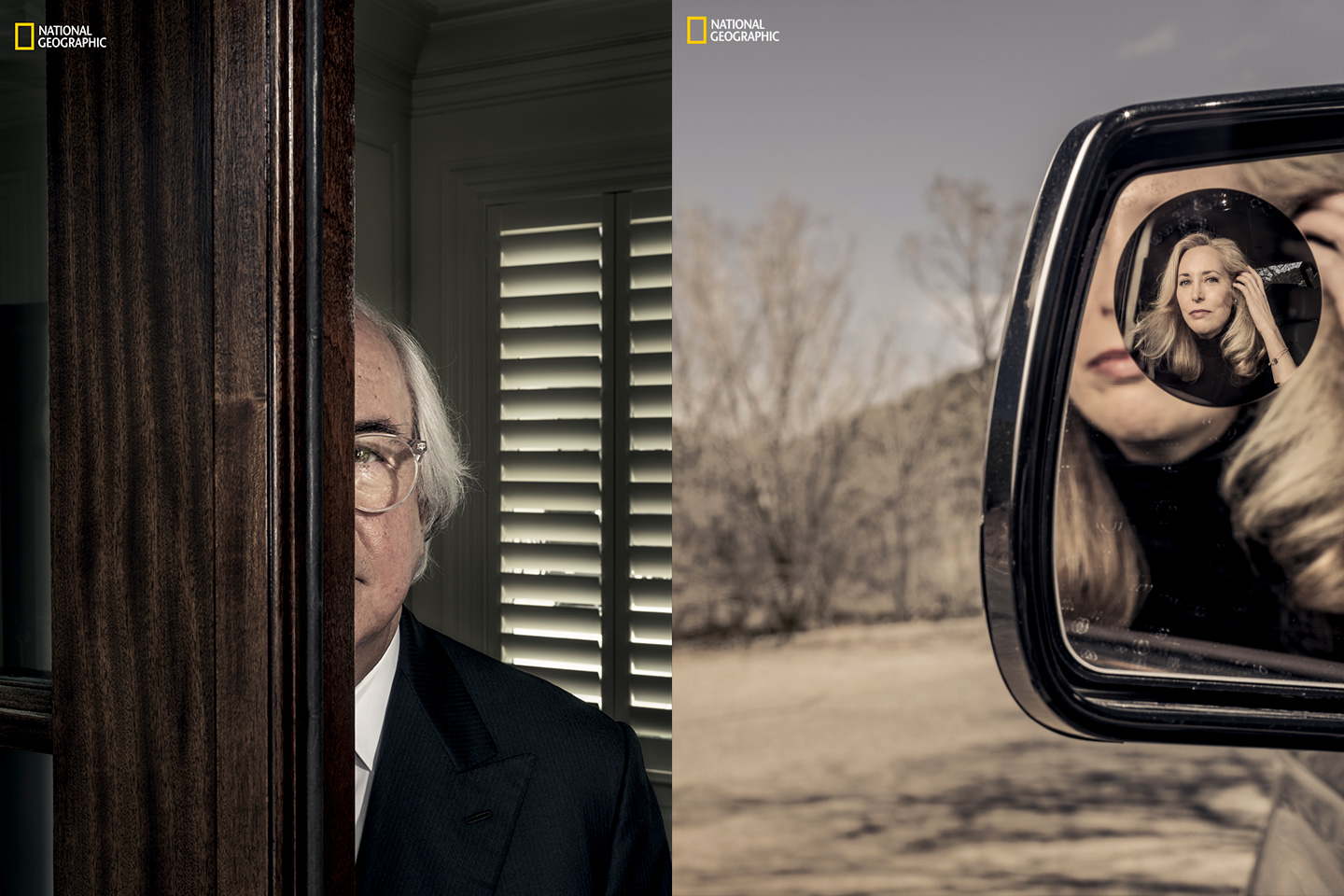
In the case of Valerie Plame, she lied for her country. National Geographic wrote this of the former CIA agent who worked undercover for two decades: “In 2003, her cover was blown and her clandestine career ended when Bush Administration officials leaked her name to a newspaper columnist. She and her husband say it was done in retribution for his claim that the White House had exaggerated intelligence to justify the invasion of Iraq. What lesson did she take away from her years as a spy? “‘Most people,’” she says, “‘are more than willing to talk about themselves.’”
These complex questions about where humans draw the line—and how devastating the consequences can be for relationships, communities, and entire countries—gets cloudy and convoluted. And most importantly, with the emergence and prevalence of social media in modern society, National Geographic writes, “our ability to separate truth from lies is under unprecedented threat.
This article appeared in an InsideHook newsletter. Sign up for free to get more on travel, wellness, style, drinking, and culture.












